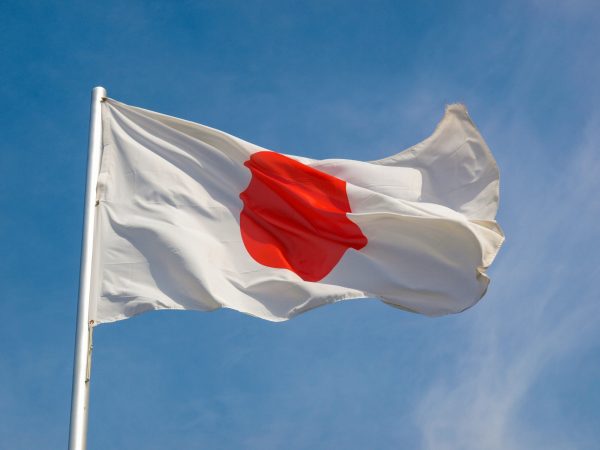Copyright thediplomat

Kikajin (帰化人) is the Japanese term for a person who has become a naturalized citizen. What is intended to be a neutral term categorizing newly minted Japanese citizens is rapidly acquiring a negative connotation. On September 17, the opposition Nippon Ishin no Kai (Japan Innovation Party) submitted a proposal to the Ministry of Justice, calling on the government to implement new policies that not only limit the number of non-Japanese people living in the country, but also provide a framework for naturalized citizens to be stripped of their Japanese citizenship in certain circumstances. The ultra-right-wing party Sanseito went a step further, declaring that kikajin cannot become candidates for legislators under the party’s banner while explicitly accusing the government of prioritizing foreigners over the (ethnically) Japanese. Within these overt political moves is an implicit message: naturalization does not make a foreigner Japanese, and to protect Japan, kikajin should be limited in number and excluded from political participation. The sentiment goes directly against the legal definition of naturalization. Just like anywhere else, Japanese citizenship law provides the same rights to political participation to all citizens, irrespective of their status as native-born or naturalized. And in a country that explicitly requires individuals to give up other citizenships at the time of naturalization, calls to strip kikajin of their Japanese citizenships risk creating a group of legally stateless people. Yet, the legal hurdles to discriminate against the kikajin have not abated the persistent popular belief that they are different from ethnically Japanese citizens of Japan. Several years ago, Abdalla Almoamen, a professor of international studies at Tokai University, surveyed 400 Japanese youths between the ages of 18 and 21; 95 percent of the respondents answered “No” to the question “Can you become Japanese by obtaining a Japanese citizenship?” While representing only a small segment of the population, the result shows an overwhelming consensus that “Japaneseness” is not defined by citizenship. The public’s skepticism toward the Japaneseness of the kikajin opens up accusations that they do not have Japan’s best interests at heart, despite severing legal ties with their countries of birth. Ultra-right-wingers argue that Japan has been taken over by traitors, spreading the blatantly fake news of former Foreign Minister Tanaka Makiko supposedly providing evidence that 600 of the 720 members of the Japanese Diet are kikajin. The kikajin who dared to run for public office had been subjected to hate speech targeting their non-Japanese background. Even mainstream TV shows suggested that Japan’s lack of a pledge of allegiance to the country as part of the naturalization process would create a class of unpatriotic kikajin. In these arguments lies a growing anxiety that the Japanese body politic faces a grave national security threat by embracing a growing number of kikajin. Do not expect the Japanese government to rescue the kikajin from these discriminatory remarks. In July, it created the Office for the Promotion of a Society of Harmonious Coexistence with Foreign Nationals, bowing to the electoral success of Sanseito and its Japanese First message. Ostentatiously tasked with deterring “crimes or nuisance behaviors” by foreigners in the country, the office’s existence only legitimizes the different treatment non-Japanese people receive, whether or not they hold Japanese citizenship. The office only offered cosmetic resistance to the growing negative connection of the Kikajin label, calling them “people who acquired Japanese citizenship” (日本国籍取得者) in official documents. As the Japanese public no longer assumes naturalization as a sign of loyalty to Japan, kikajin will need to do more to assimilate in order to escape persecution. This could be surprisingly easy for the 80 percent of the Kikajin who are of Chinese or Korean descent. By taking up Japanese names, adhering to Japanese mannerisms, and learning to speak the language without an obvious accent, they may fully integrate within a couple of generations, but at the cost of their ties to their original culture. Perhaps only by trying to blend in – even more than today – can the kikajin can fully escape the hostility they face from the ethnic Japanese.



